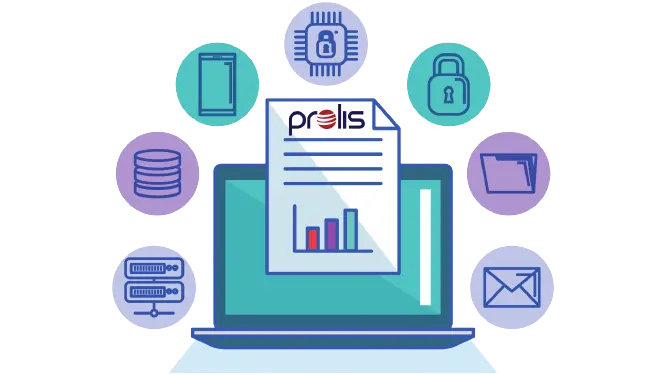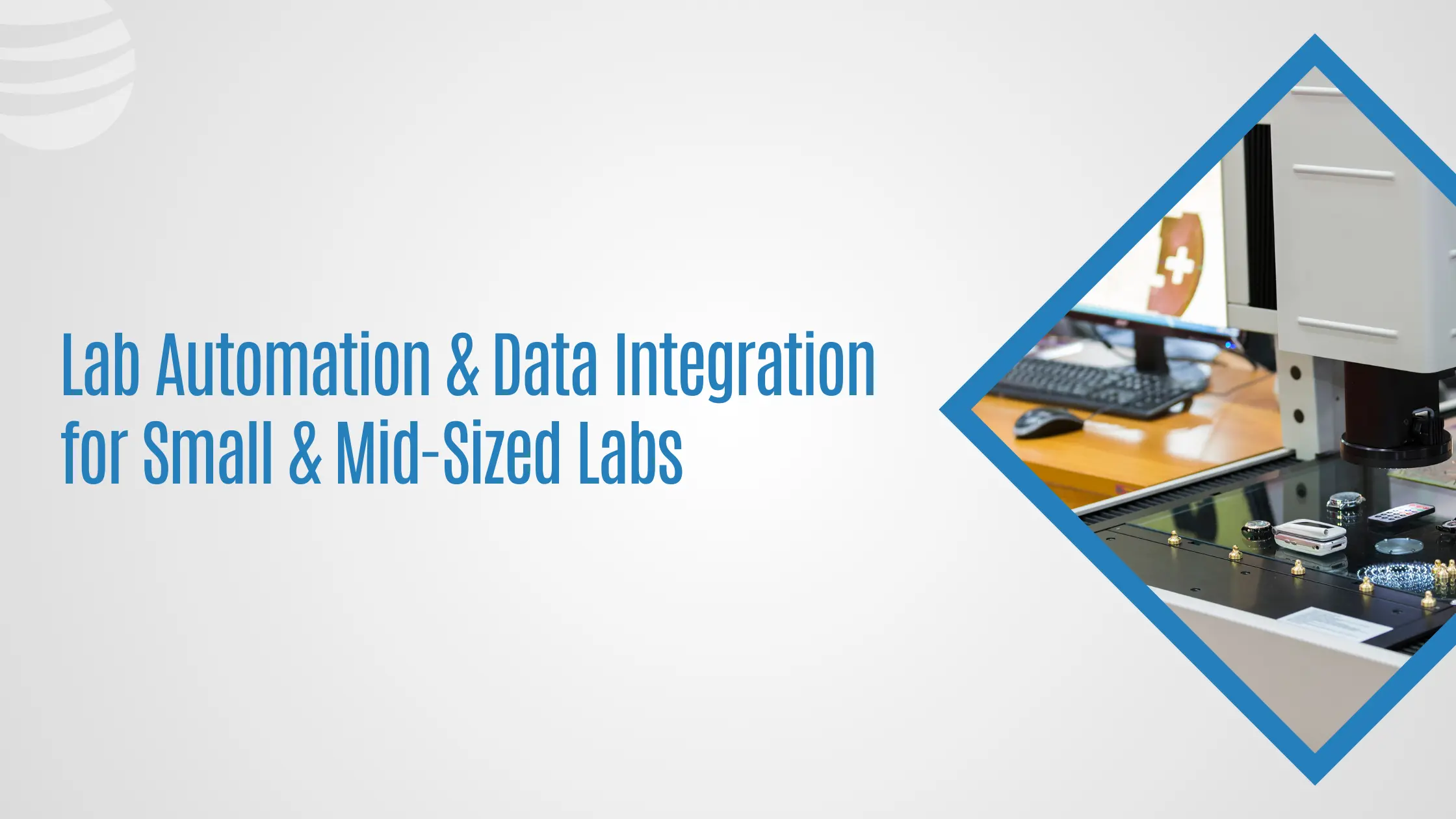

Laboratory Revenue Cycle Management: A Guide
Laboratory Revenue Cycle Management
The healthcare industry worldwide is witnessing a paradigm shift. With increasing demands for enhanced patient care juxtaposed against the need to reduce operational costs, revenue cycle management (RCM) has emerged as a cornerstone for healthcare providers, including large hospitals, urgent care centers, private clinics, and medical laboratories. This guide delves into the intricacies of laboratory revenue cycle management, highlighting its significance, challenges, and the pivotal role of medical laboratory software in streamlining RCM processes.
What is Revenue Cycle Management in Healthcare?
The revenue cycle in laboratories involves managing patient registration and scheduling, coding diagnosis and procedures, collecting payments, and reviewing medical services. According to a recent study by Black Book Research (a healthcare analysis organization, 92% of top-level executives in healthcare sectors are now focusing on revenue cycle management (RCM). Focusing on your laboratory’s RCM is essential because studies have found that 30% of medical facilities are still not able to fulfill their yearly net revenue expectations.
Significance of RCM in Laboratories
In the laboratory setting, RCM is not just about financial health; it's about sustaining a model that supports improved patient services while curtailing expenses. With approximately 30% of medical facilities failing to meet their annual net revenue targets, focusing on RCM is not optional—it's imperative.
Laboratory Revenue Cycle Management Challenges
Laboratories face unique RCM challenges, such as managing unbilled claims, high denial rates, and fluctuations in collection rates. These issues, if not addressed, can lead to increased bad debts and lower net collections, impacting the financial viability of the laboratory.
Laboratory revenue cycle management is a complex process. A practice has to bear all the medical costs themselves before it can be paid in full by the patient or his or her insurance company. There are a number of factors that are critical for a better financial position of the lab, such as maintaining an accurate patient database, having a proper billing process, and improving point-of-service receivables. When these things are ignored, labs face a number of challenges:
A high number of unbilled claims
A high denial rate
Fluctuations in gross collection rate
Too many bad debts
Low monthly net collections
and many more…

Why Labs Need Medical Laboratory Software for RCM
Healthcare organizations need to deploy designated medical laboratory software for revenue cycle management. A RCM system can help to automate the administrative tasks, such as patient scheduling, reminders, payment information, and to reach out to insurance companies. Here are the benefits of using RCM software:
- Optimized Billing Process: Calculating denial rate, net collection rate, first acceptance rate, A/R, etc., is time-consuming and prone to human errors. With a laboratory billing system, you can capture patient and service cost data to calculate everything automatically. With actionable reports on each aspect of the lab operations, you can quickly identify the problem areas and take actions accordingly.
- Efficient Lab Operations: Centralizing lab database helps to standardize the lab operations, increases profitability, and opens new revenue opportunities. You get analytical information and reports from your medical lab software that enables you to get an overview of inefficient procedures and improve patient engagement to reduce unbilled claims and denial rates.
- Meet Compliance Goals: Health systems often face mounting pressure due to ever-evolving compliance and regulatory environments. With protected and accurate patient and financial data in your RCM system, your practice stays compliant with healthcare regulations.
Optimizing Billing Processes with RCM Software
RCM software can significantly reduce denial rates and improve net collection rates by automating the calculation of key financial metrics. This automation not only saves time but also minimizes the potential for human error.
Role of Medical Laboratory Software in RCM
Medical laboratory software plays a crucial role in automating administrative tasks, thereby enhancing efficiency and accuracy in RCM. This section explores the advantages of deploying RCM software, such as optimized billing processes and improved lab operations.
Compliance and Regulatory Challenges
Healthcare regulations are constantly evolving, placing additional pressure on laboratories to remain compliant. This section discusses how RCM systems can help labs meet these regulatory demands while ensuring the accuracy and security of patient and financial data.
Prominent RCM System Vendor
American Soft. Solutions Corp. offers a comprehensive medical laboratory software – Prolis – which has a billing solution integrated into it. It is a suitable option for automating your revenue cycle management process and streamlining core operations in your lab. You can even manage multiple labs such as toxicology lab, clinical facility, health system, pathology center at one place using Prolis.
Conclusion
Laboratory revenue cycle management is pivotal for enhancing patient care, reducing operational costs, and ensuring the financial health of healthcare providers. By adopting advanced medical laboratory software, labs can navigate the complexities of RCM, paving the way for increased profitability and efficiency.


